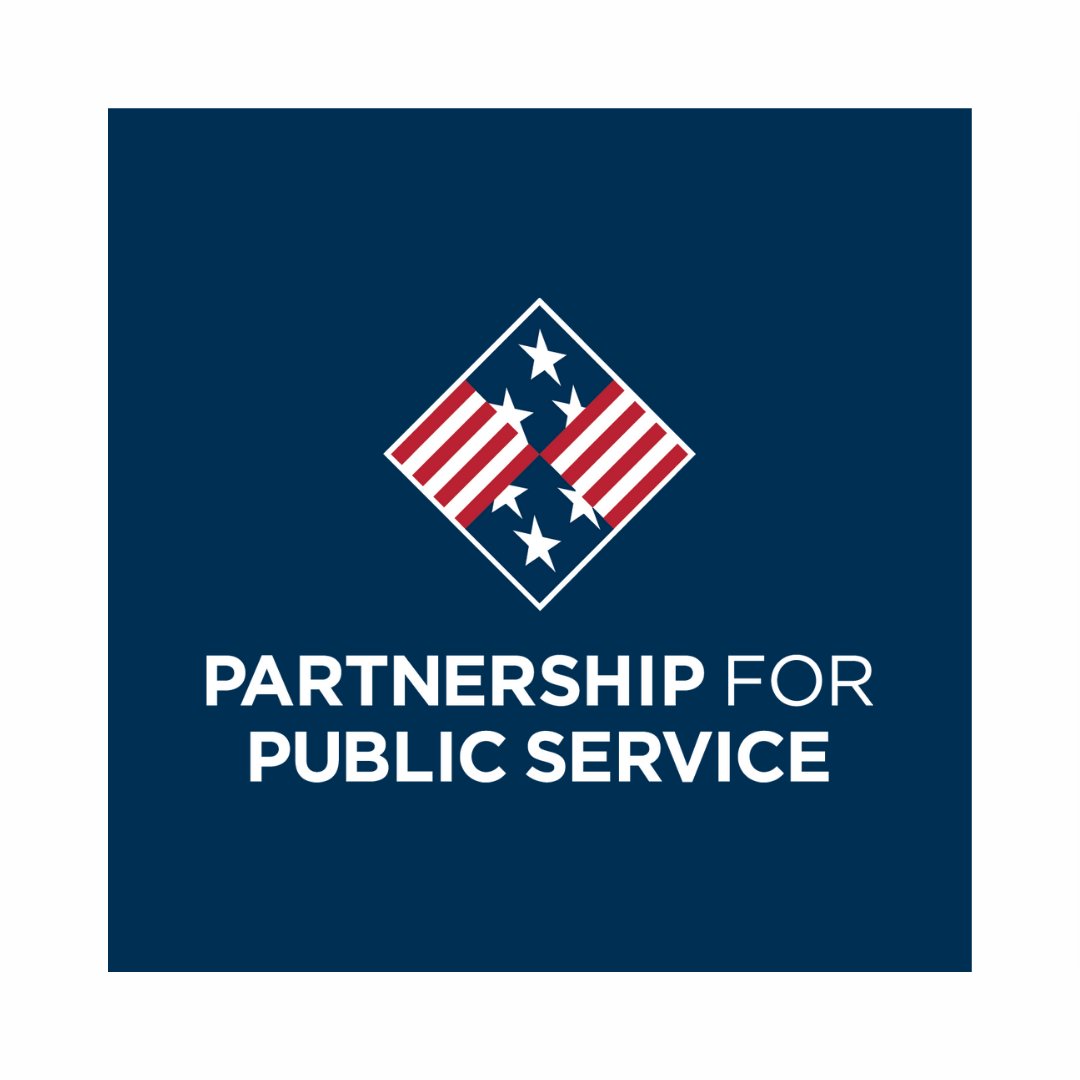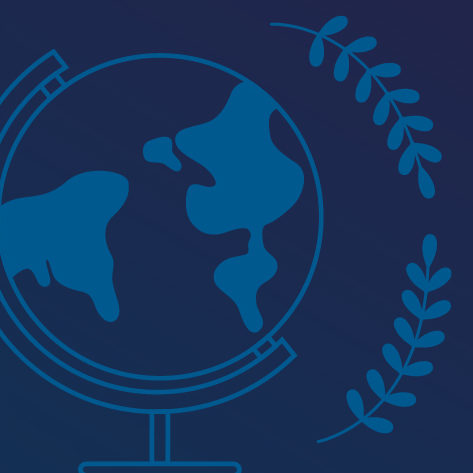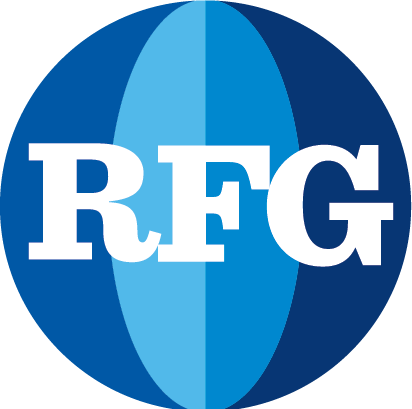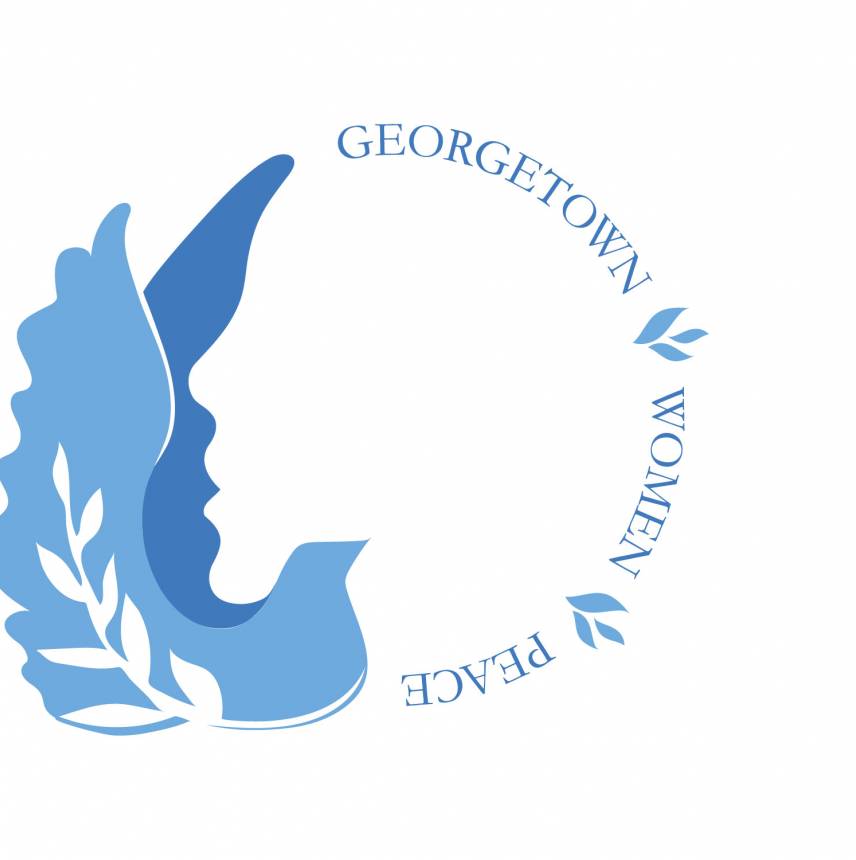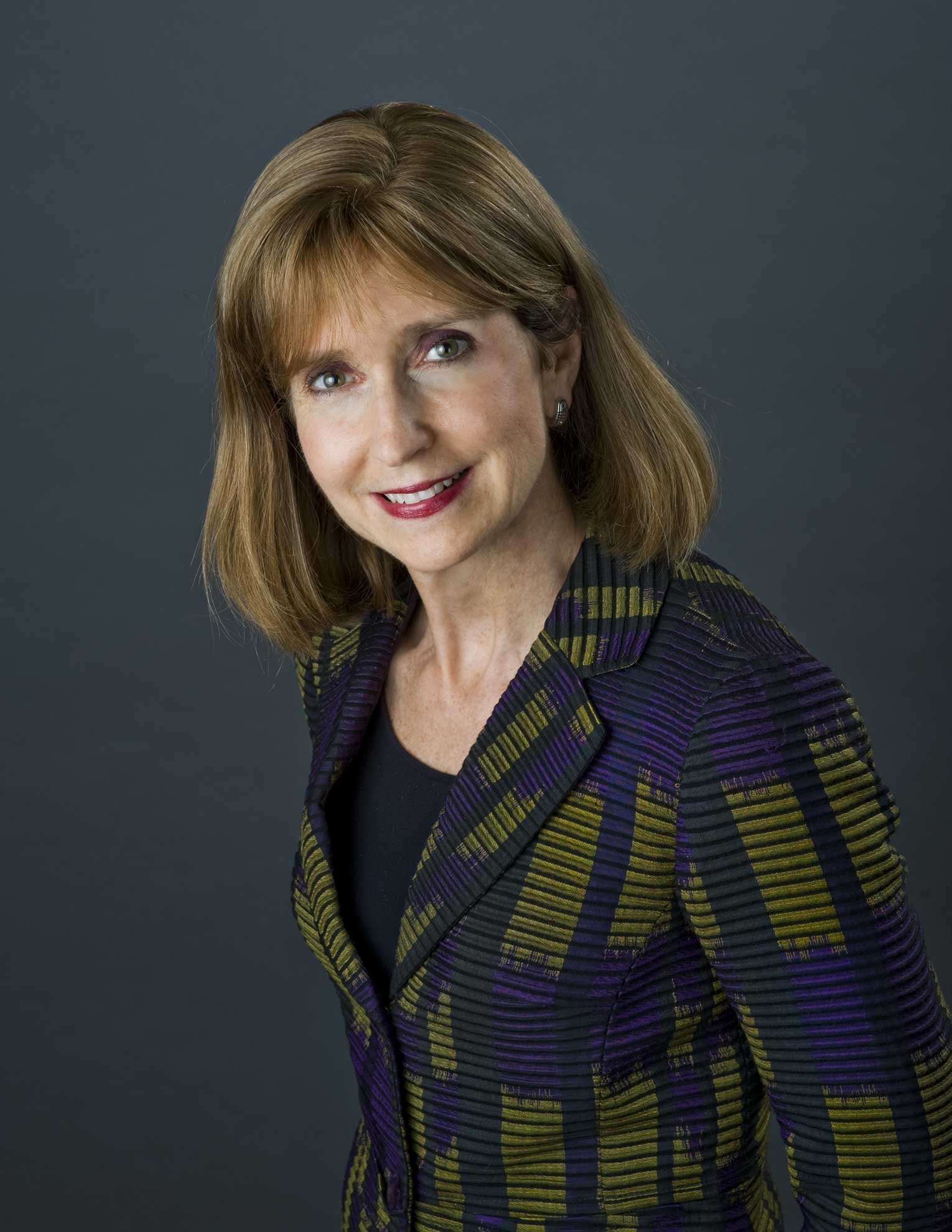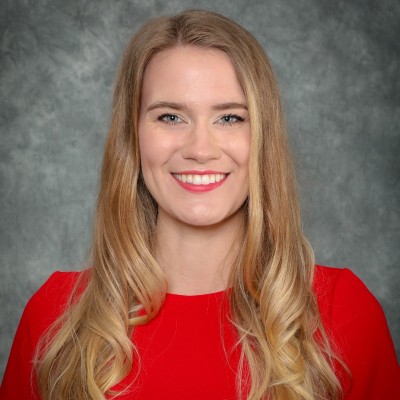When President John F. Kennedy created the U.S. Agency for International Development in 1961, he could not have imagined that helping other countries develop would be such an unpredictable, ever-changing task. What started as the funding of roads, schools and clinics in faraway places is today a global search for solutions to some of the world’s most intractable problems—from entrenched poverty and corruption to climate change and pandemics.
What was a single American agency has since turned into a network of stakeholders—multilateral banks, official donors, private investors, NGOs and academics. And what was a national policy to foster prosperity abroad has grown into a multitude of international commitments to worthy causes, such as the Sustainable Development Goals.
We are now facing another moment of profound change, in both economic development and domestic politics. COVID-19 will likely bring about partial de-globalization, wider digital gaps, more inequality, massive fiscal deficits, new social norms, unpredictable attitudes towards risk, and existential threats to entire sectors of the economy. The inauguration of President Joe Biden heralds a shift in foreign policy, likely toward more leadership in global issues and more engagement with global institutions.
How can America’s system of development assistance prepare for—and make the most of—the new realities? It is critical that the United States remains engaged in global affairs. As such, the National Academy of Public Administration has included “Advance National Interests in a Changing Global Context” as one of the 12 Grand Challenges in Public Administration facing the nation in the decade ahead.
But what should be the organizing principle of U.S. development assistance? Governance is understood both as the capacity of citizens to hold their government accountable for the results that matter to them, and the capacity of governments to deliver those results. Instead of functioning as a rich donor with a blueprint, the United States should be a partner in people’s aspirations. This would leverage its unique and defining asset—a constitutional order anchored in individual rights that has withstood the test of time.
Focusing on governance would call for reforms in our development architecture:
To start, agencies’ budgets should be rebuilt, and staff reskilled. A case in point is USAID. Helping countries be “self-reliant” has been, rightly, its declared strategy since 2016. But it is an unachievable strategy if resources keep shrinking and most intellectual output is contracted out. The type of reputation for knowledge of regions or themes that Australia (the Pacific), China (infrastructure), Germany (climate), the Nordics (gender), and the UK (evaluation) constructed over the past decade seems to have bypassed the US.
Second, America should reposition itself and its civil servants in multilateral organizations. Rather than just acting as the largest shareholder or benefactor, it should also be the leading mobilizer of technical expertise, whether from government, academia, or industry. This is as true in financial institutions (i.e. the International Monetary Fund, the World Bank, and regional banks) as it is in regulatory and advocacy institutions (the World Trade Organization, the Organization for Economic Cooperation and Development, and many others).
Third, a career stream in global issues should be created that can contribute to governance in other countries. It should be initially available to State Department staff and, later, other federal agencies, including the Federal Reserve and the Treasury Department, the Congressional Budget Office, the Federal Election Commission, among others. The idea is to encourage America’s public officials to help their peers overseas, without losing their institutional seniority at home.
Fourth, foreign aid should be a national effort, not just a federal one. State, counties, and cities should be able to add their support in a synergetic way with the rest of the administration. At times, local interests align well with their participation—typically when they host migrants from a given country. Rarely is their work counted, much less evaluated.
Finally, with multiple federal and subnational agencies involved, a coordinating unit at the White House is necessary. This is not to act as a gatekeeper, but to be a clearinghouse of information on who is doing what where. It should set the calendar of global events where America’s interests need to be represented, arrange that representation, and craft the messages. And, more substantially, it should be the designer, communicator, and guardian of the foreign assistance strategy.
In sum, for all the global and domestic turmoil, America has a golden opportunity to reform the way it handles international development. We can make it more effective, more efficient, and more transparent. Ultimately, we can make it more useful both to the national interest and to its final beneficiaries—something President Kennedy would have been proud of.
Marcelo Giugale is a former Director of the World Bank, an Adjunct Professor at Georgetown University’s School of Foreign Service, and a Fellow of the National Academy of Public Administration.
